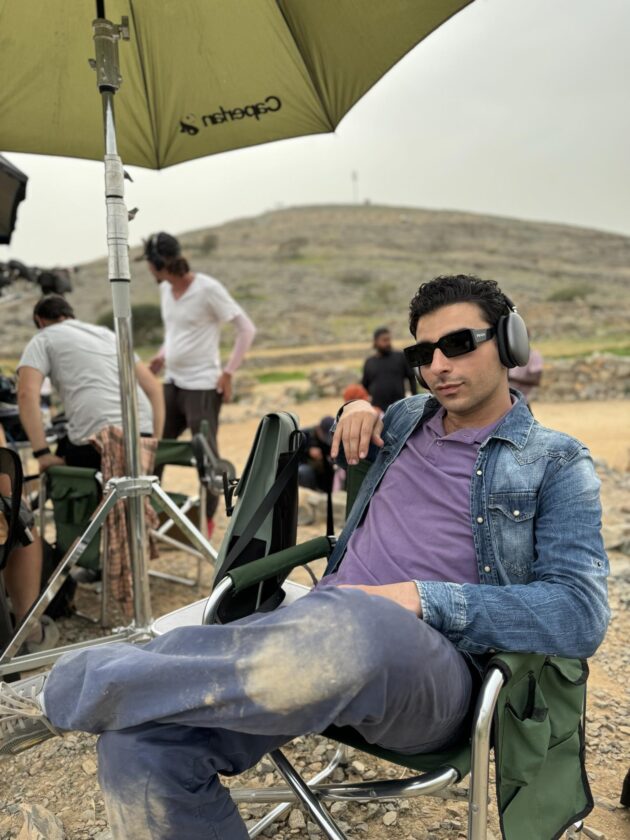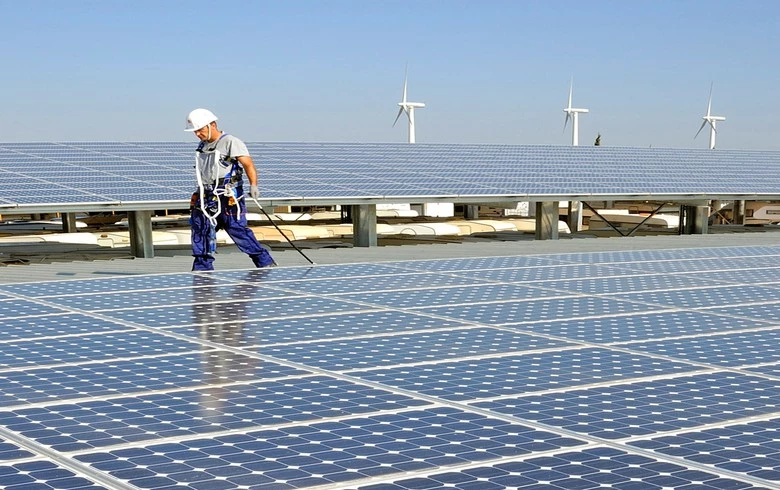New survey reveals that the Euro-Med region, including a vast majority of Italians, does not believe in the myth of clash of civilisation. The results of a new survey on Intercultural Trends in the Euro-Mediterranean region, carried out by Ipsos-Mori in 13 countries, were presented on Friday by the Anna Lindh Foundation at the Italian Parliament in Rome. Involving more more than 13,000 people across 13 Euro-Mediterranean countries – Austria, Croatia, Finland, France, Italy, Poland, Portugal and The Netherlands) and five Southern and Eastern Mediterranean (SEM) countries (Algeria, Israel, Jordan, Palestine and Tunisia) – the report also shows investment in youth-led initiatives and education is the best response to conflict and radicalisation.
A large majority of respondents in Italy agree that cultural and religious minorities should have the same rights and that cultural diversity is a source of prosperity for the Italian society (78% of Italians vs. an average across EU countries of 71%).
Italians also share a high level of interest to know the other, compared to their European counterparts: 35% have interest in news and information about cultural life and lifestyle in southern and eastern Mediterranean countries (vs.
28% average across the EU countries surveyed); 31% are interested in the political situation in these countries (vs.
28% average in EU countries); and 26% express interest in their economic conditions (vs. 23% average in EU countries). Survey provides a positive picture of the propensity of Italians to accept diversity in society and in their personal sphere. The primary value that Italian parents wish to pass on to their children is the respect for people from other cultures (69% of respondents, above the European average of 63%); an increase of four percentage points in the importance of this value compared to 2012). 64% of respondents in Italy, compared to a European average of 44%, consider education and youth-lead initiatives an efficient way to tackle and prevent radicalisation.
Respondents in Italy also associated the Mediterranean region first and foremost with migration issues.
The issue reveals that the region is not a victim of a clash of civilisations, as is often reported, but rather a ‘clash of ignorances’ based on historical stereotypes and the ‘culturalisation’ of conflicts promoted by some media and political narratives.
The results also show that Italy can play a constructive role in reshaping policies in the Mediterranean beyond the policy panic driven by the current pressing regional challenges such as migration, the refugee crisis, and radicalisation.
The Italian Ministry of Foreign Affairs has confirmed that it will host the next Anna Lindh Foundation’s Advisory Council meeting in Rome in September. The Council will focus on finalising the new operational framework of the Foundation from 2018 onwards, built for the first time on the basis of Intercultural Trends report, including the creation of a Media Observatory, attached to the Euro-Mediterranean Foundation, which will observe how media cover issues of intercultural relations and provide evidence-based resources and material for journalists and the media.
According to the Trends survey results there is a high level of interest of Italians, compared to their European counterparts, in news and information about cultural life and lifestyle in southern and eastern Mediterranean countries (35% vs. an average across the EU countries surveyed of 28%), about the political situation in these countries (31% vs. 28% respectively) and their economic conditions (26% vs. 23%, respectively). The survey investigated what people see as critical aspects of life in the Euro-Mediterranean region, and the key similarities and differences they find between themselves and those from other countries, cultures and backgrounds. It also examines trust of different types of media sources across different countries and age profiles.
The countries studied included eight in the EU ( Education and youth programmes received wide support from all interviewees, with 81% of respondents in European countries and 85% in SEM reporting that they believe such mechanisms will help prevent and deal with the challenges of radicalism.
Television was reported as the most trusted news source across both European and SEM countries, while in European markets second and third place are taken by Print media, and Films and Documentaries respectively. In SEM countries on the other hand, Online media is ranked second in terms of most trusted news source, while Books take third place.
While migration does feature as a characteristic of the region, particularly in SEM countries, in terms of what people see as critical aspects of life in the Euro-Mediterranean region, it is well behind concepts such as hospitality and way of life. This shows that the people of this region have more in common than what is reflected commonly by certain media and political narratives.
ANSAmed




